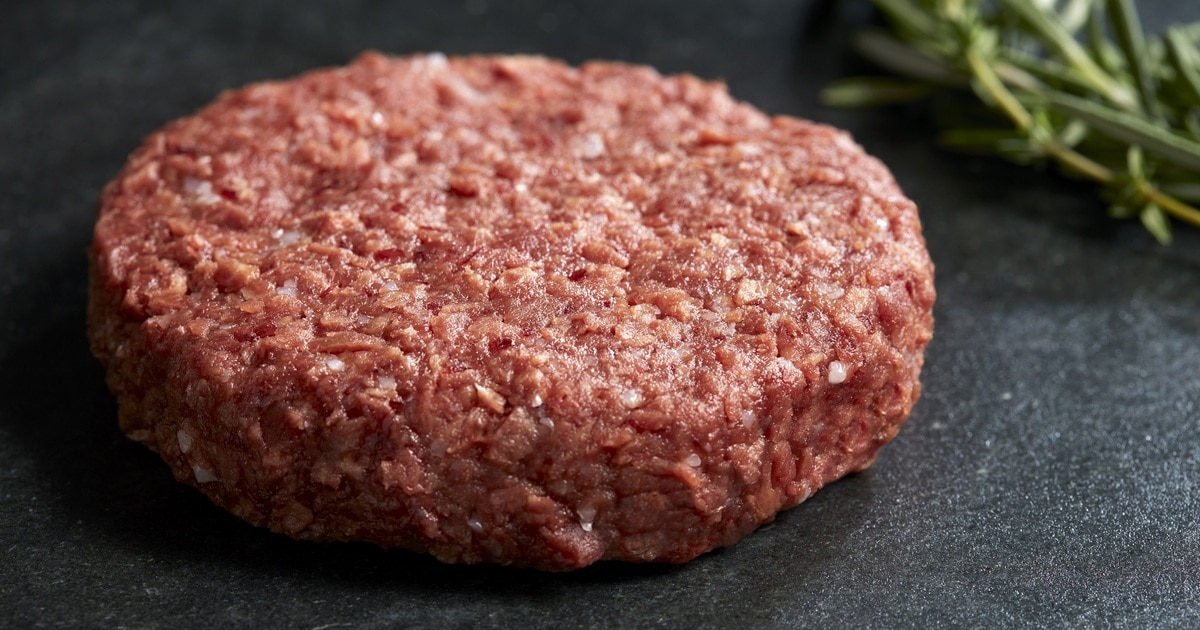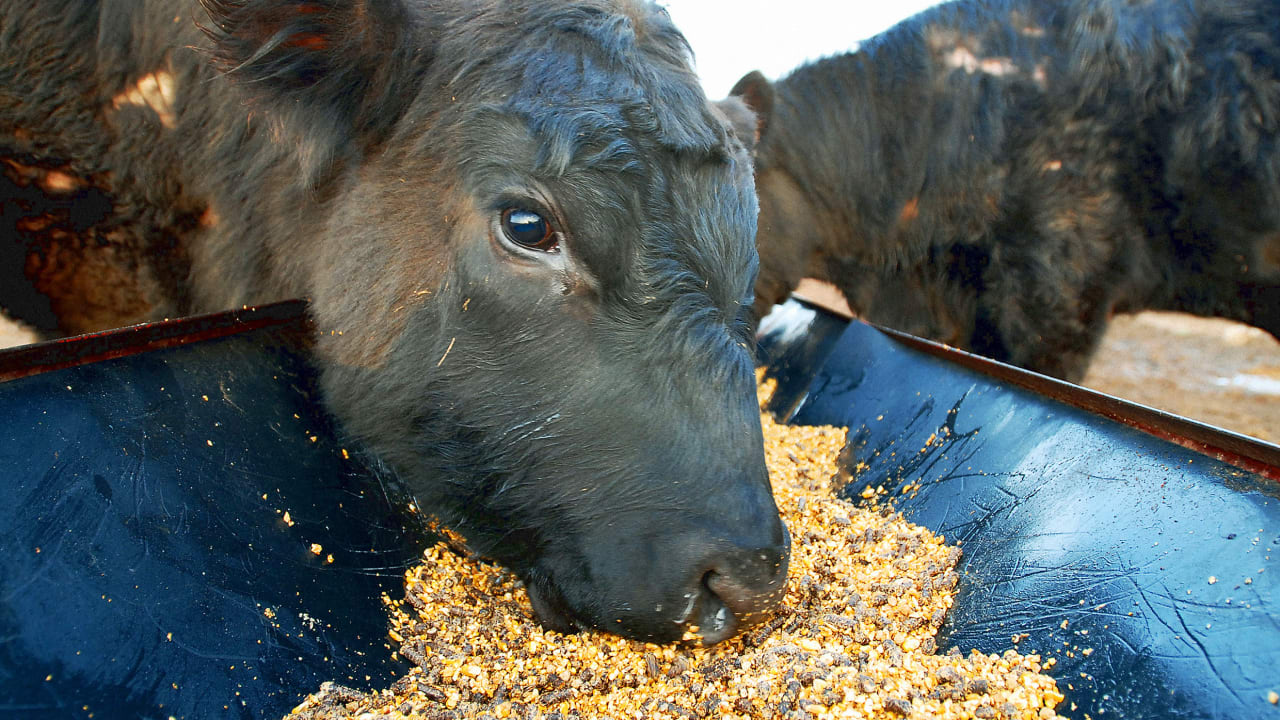But environmental advocates argue that the environmental benefits of biogas are exaggerated, and that the LCFS encourages the expansion of factory farms and could end up increasing emissions and pollution.
Manure, which emits the potent greenhouse gas methane, is a big problem for US farms, and is particularly stark in California, where the dairy industry accounts for nearly half the state’s methane emissions. Related article ‘An act of rebellion’: the young farmers revolutionizing Puerto Rico’s agriculture Read more Manure, which emits the potent greenhouse gas methane, is a big problem for US farms, and is particularly stark in California, where the dairy industry accounts for nearly half the state’s methane emissions.
The global biogas industry is projected to more than double by 2030 to over $126.2bn and this type of methane production could become more lucrative in the dairy industry than milk production. California has spent more than $600m since 2015 on subsidizing the construction of digesters, primarily at large factory farms with average herds of about 7,000 cows in 2017 and 2018.
Manure, which emits the potent greenhouse gas methane, is a big problem for US farms, and is particularly stark in California, where the dairy industry accounts for nearly half the state’s methane emissions. Related article ‘An act of rebellion’: the young farmers revolutionizing Puerto Rico’s agriculture Read more Manure, which emits the potent greenhouse gas methane, is a big problem for US farms, and is particularly stark in California, where the dairy industry accounts for nearly half the state’s methane emissions.
The global biogas industry is projected to more than double by 2030 to over $126.2bn and this type of methane production could become more lucrative in the dairy industry than milk production. California has spent more than $600m since 2015 on subsidizing the construction of digesters, primarily at large factory farms with average herds of about 7,000 cows in 2017 and 2018.






